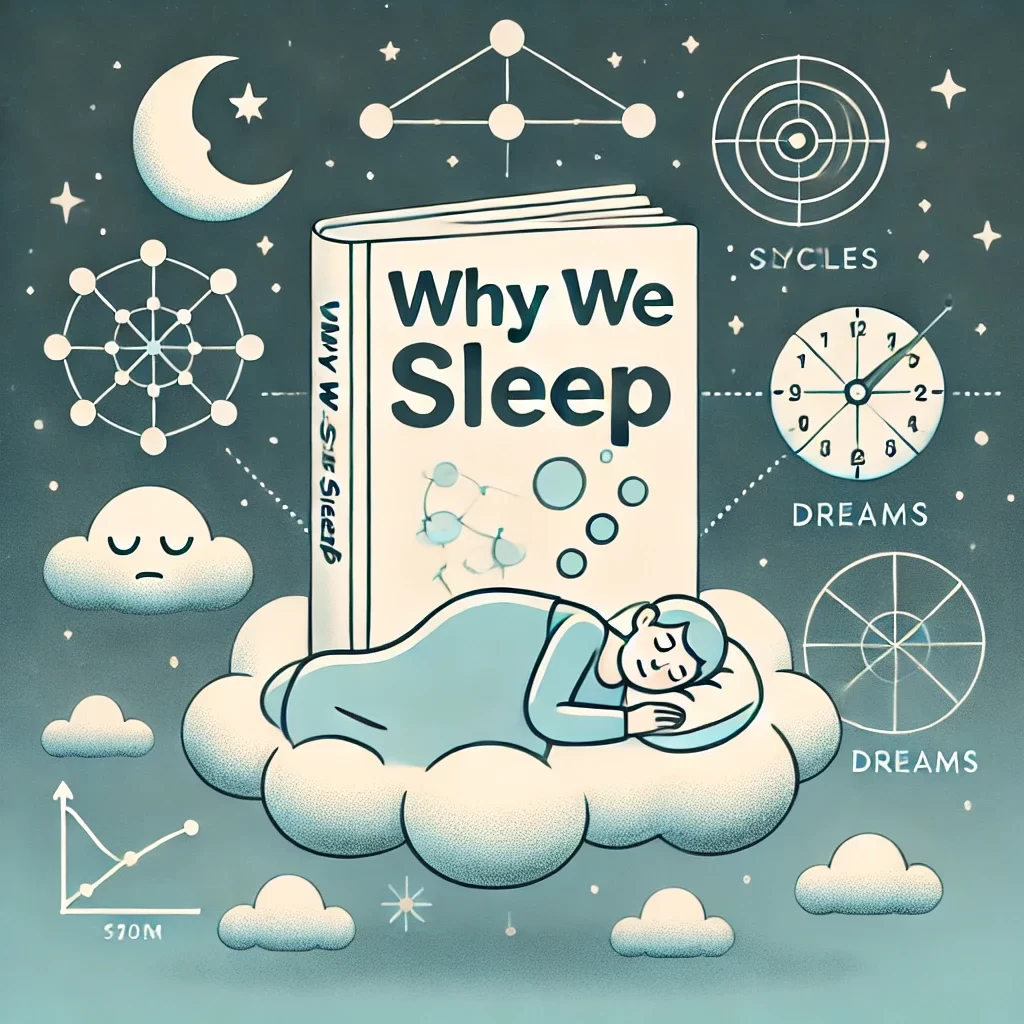At the beginning of November 2021, I took part in an eight-day training course Youth Catalyst 2.0 organised by Brno Connected with the financial support of the Erasmus+ programme. The course was led by an experienced lecturer and facilitator, Katka Martínková, together with Arianna Impinna from YOUth Connect in Italy.
I have been looking for a similar training course for a long time because I wanted to improve my lecturing skills and see non-formal education in a broader context.
Using playful methods, I learned the fundamental differences between formal and non-formal education and informal learning. We also shared our experiences of education in the context of youth work with other participants from different European countries. We also lightly touched on leadership and the ethical issues that come with a trainer career. The topic of ethical aspects resonated with me a lot, and I would like to explore it more in the future.
During the eight days, I encountered the NAOMIE design method several times. When designing any learning activity, we first need to learn our target group’s specific NEEDS. Unfortunately, this critical step is often skipped. Only after the specific requirements have been identified can we then determine what we want to change (AIMS), what particular OBJECTIVES we wish to convey and what METHODS we want to use to do so. After all these steps, the actual IMPLEMENTATION of the activity takes place. Finally, we must not forget the EVALUATION of the whole action.
After the theoretical introduction, we went through the steps in more detail. For example, I had the opportunity to practice some concrete methods and tools of non-formal education, such as brainstorming or Oxford debate. I was also introduced to the topics of reflection and feedback, which I already wanted to deepen before the training. I find reflection using the Four F’s to be a handy tool, which I want to use in my personal life when writing my own journal and applying it to debriefing in workshops.
The knowledge gained in the first half of the training was then applied in the second part when we were asked to create our own one-hour workshop in teams of three participants. In our team, we agreed that we wanted to make the most of this experience. Therefore, we chose the topic that was most unfamiliar to all of us. And we divided up the work so that each of us would do exactly what we were least confident in.
We discovered in our collaboration that we each have very different working styles. There was some conflict and feelings of frustration, but these were followed by a dialogue with elements of non-violent communication. For me, this experience triggered a new need to focus a little more on communication and teamwork in the future. Working in this team has taught me a lot about myself, and I dare say that this challenging experience with the other members has brought us very close together in the end.
What I expected from the course was mainly some comprehensive anchoring in the context of the work I already knew and to have some general picture. Above all, however, I found that this work goes hand in hand with personal development and that I am only at the beginning of a long journey. But I have made sure that this is the path I want to go on.


